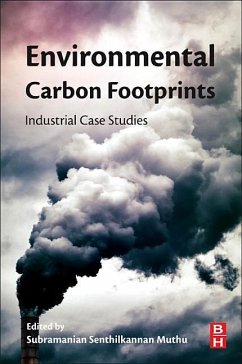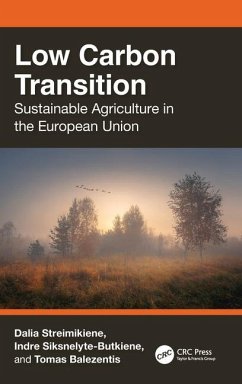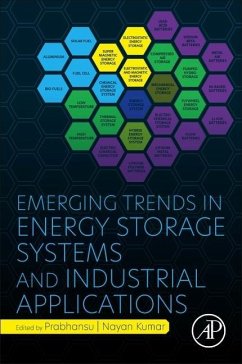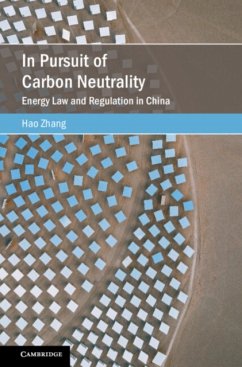Nicht lieferbar
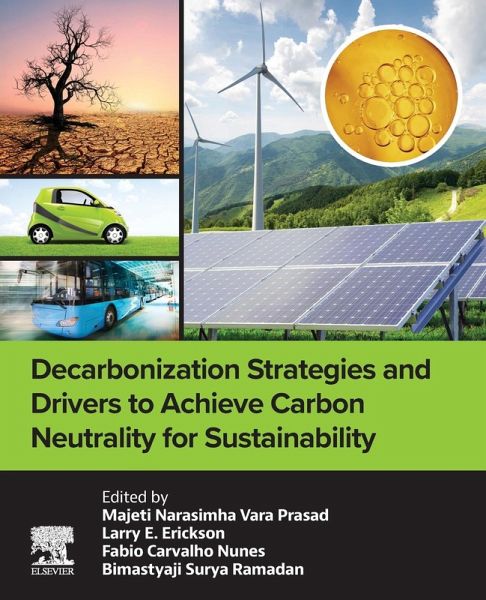
Decarbonization Strategies and Drivers to Achieve Carbon Neutrality for Sustainability
Versandkostenfrei!
Nicht lieferbar
Decarbonization Strategies and Drivers to Achieve Carbon Neutrality for Sustainability emphasizes the significance of various decarbonization strategies. Sections cover contributions of bioenergy to decarbonization, non-fossil energy targets, the role of wind energy, hydrogen energy, potential of geothermal energy, nuclear energy, wind to energy, role of electri?cation and carbon capture, utilization and storage (CCUS) technologies, and more. The book aims to explain how reducing petroleum consumption and supplementing alternate sources of renewable fuels is vital and would strengthen decarbon...
Decarbonization Strategies and Drivers to Achieve Carbon Neutrality for Sustainability emphasizes the significance of various decarbonization strategies. Sections cover contributions of bioenergy to decarbonization, non-fossil energy targets, the role of wind energy, hydrogen energy, potential of geothermal energy, nuclear energy, wind to energy, role of electri?cation and carbon capture, utilization and storage (CCUS) technologies, and more. The book aims to explain how reducing petroleum consumption and supplementing alternate sources of renewable fuels is vital and would strengthen decarbonization.









